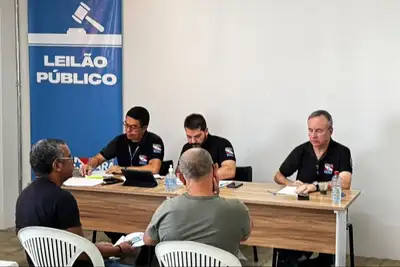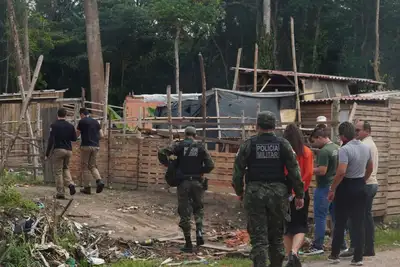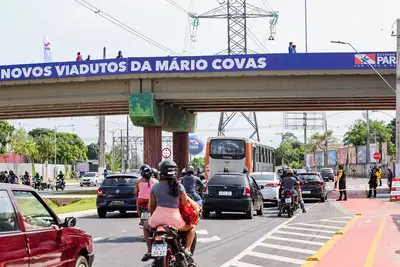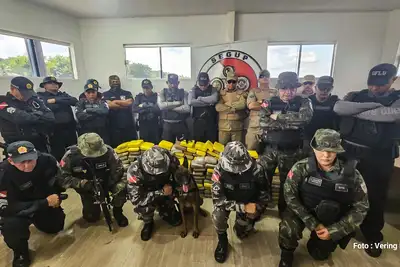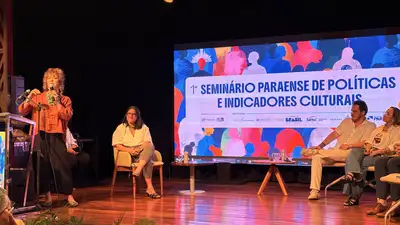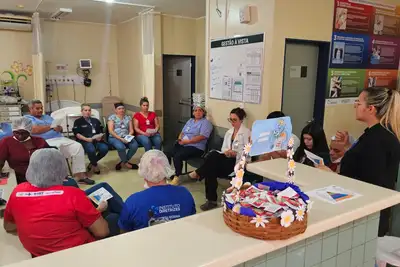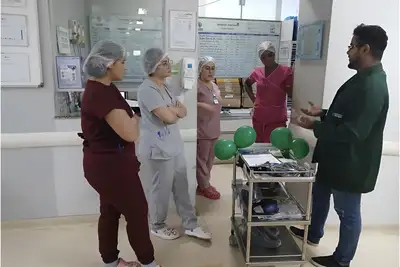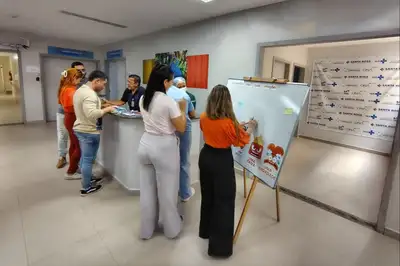Police promotes culture and citizenship training for children and youth in quilombola community
In Acará, in the area known as Jacarequara, the 'PMZITO' arrives with educational, sports, and environmental preservation activities
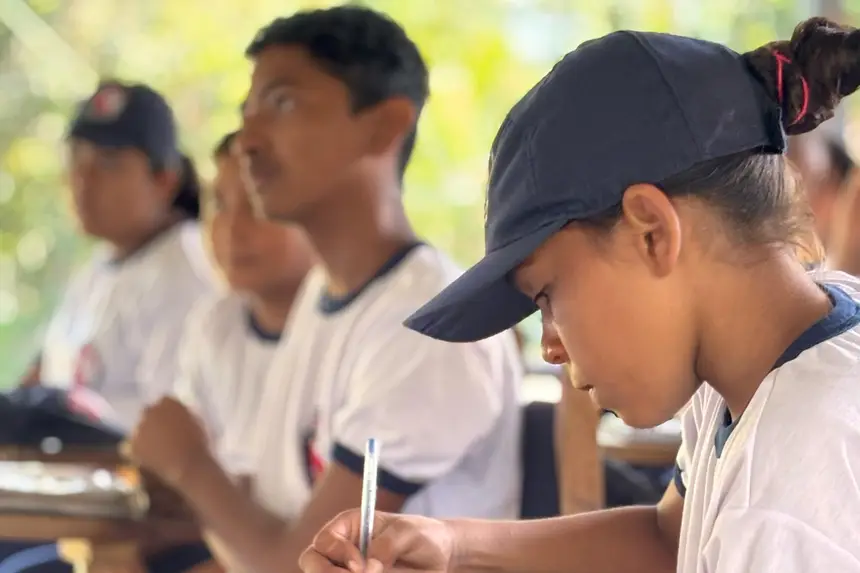
About 40 children and adolescents from the Trindade III quilombola community and surrounding areas are participating for the first time in the "PMZITO" Program, developed by the Military Police of Pará (PMPA). The remaining quilombo community, located in the area known as Jacarequara, at KM-24.5 of the Alça Viária, in the municipality of Acará, northeastern Pará, has the opportunity to access educational, cultural, sports, and citizenship training activities.
The classes have been taught since March of this year by agents from the 2nd Rural Battalion of the Military Police, on Saturdays, in a hall of the Association of Quilombola Remnants.
The main objectives of the Program are to provide notions of citizenship and rights to children and youth; to work on violence prevention and drug use in a playful manner; to promote integration between the PM and the rural community; to value local culture; to strengthen social bonds and to show the importance of the environment.
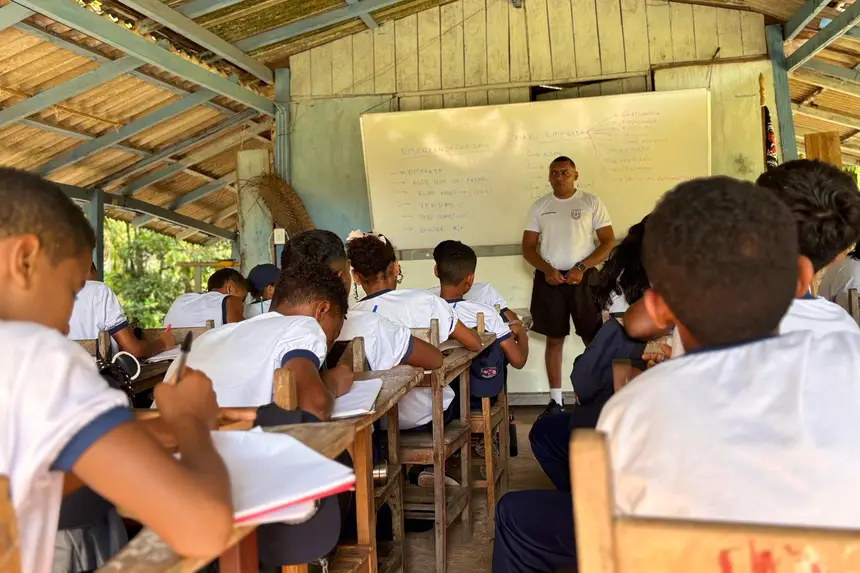
“Public safety must go beyond enforcement, which includes prevention and social inclusion activities. In the community, with the aim of valuing quilombola culture, we included environmental education activities adapted to local knowledge about plants and land conservation. These communities are guardians of important biomes, and from the union of this knowledge, we create a protection network not only social but also for the environment, which is a heritage of all,” emphasizes Major PM Júlio César Andrade.
Content - The curriculum of the PMZITO Program is developed by the Training Center for Prevention (CCP), linked to the Community Police and Human Rights Directorate (DPCDH).
The Program addresses the following mandatory themes:
- Ethics and Citizenship: Civic, ethical, and moral values;
- Applied Human Rights;
- Statute of the Child and Adolescent (ECA);
- Prevention of drug use;
- Basic notions of first aid and prevention in domestic accidents;
- Education for Traffic;
- Environmental Education;
- Physical Education and Applied Drill.
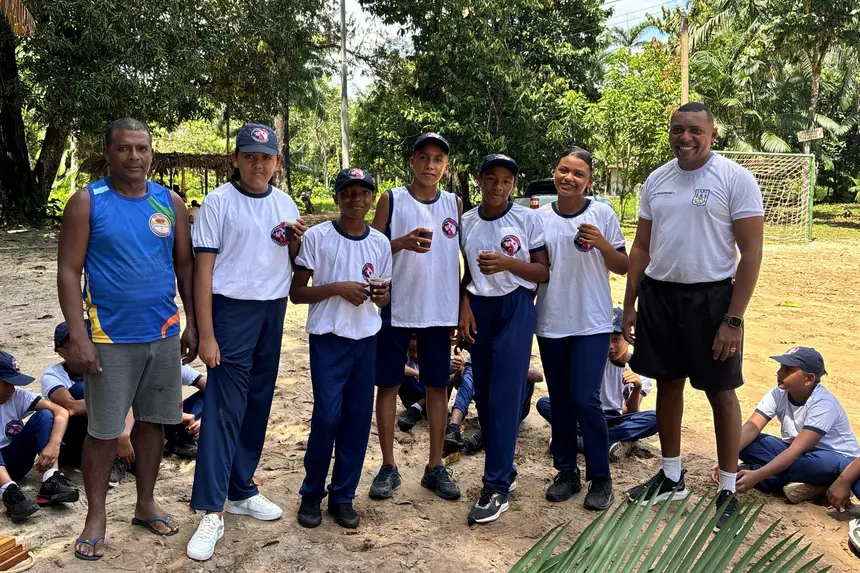
If necessary, other themes can be added to the social projects of the units, considering the audience, age group, contextual relevance, and local reality, without losing the purpose of the Program.
Among the actions already developed by "PMZITO" in the community are: Recycling workshops with reusable local materials; Planting native seedlings, involving children and adults; Playful lectures on river and forest preservation, critical themes for the region; Musicality; Ecological scavenger hunts, such as selective waste collection, with symbolic prizes; Combating drug use; Ethical and social values; Hierarchy and discipline, and Drill.
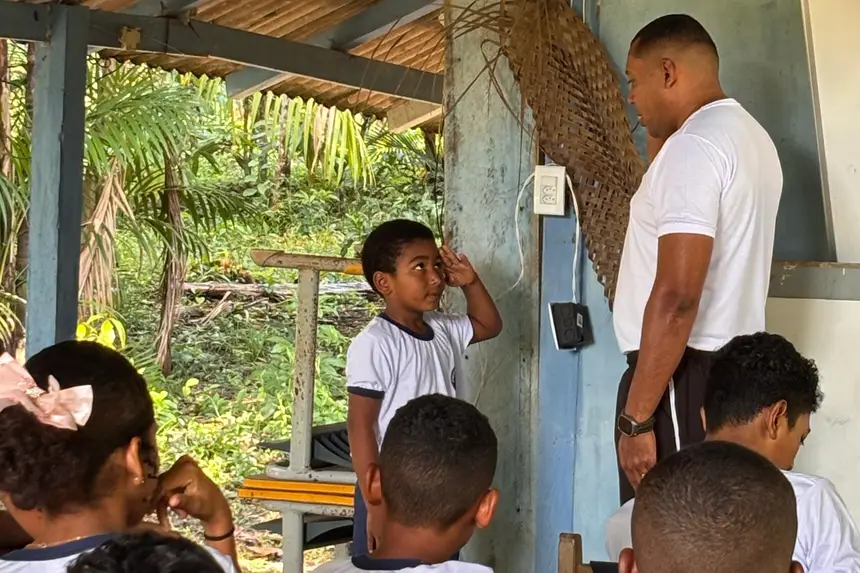
Transformation - Mother of Ezequiel Monteiro, 14 years old, one of the participants, Deise Ferreira says she has already noticed changes in the behavior of the teenager, who has become more respectful, disciplined, and responsible in daily life.
“I believe that the Program is important to take children and youth out of idleness, offering them new learning opportunities, such as music, physical activities, and the role of the Police. I was moved when I saw my son play a musical instrument for the first time,” says Deise.
Balance – Currently, more than 1,400 participants, in 15 municipalities, benefit from the activities of the PMZITO Program, aimed at children and adolescents between 10 and 15 years old, regularly enrolled in public or private education.
To participate, it is necessary to have an updated vaccination card and present a medical certificate proving fitness for the activities. At the end of the course, students receive the certificate of "PMZITO Citizen."
The goal of the Military Police is to expand the Program to more municipalities, benefiting residents of quilombola and riverside communities, rural settlements, and indigenous villages.


